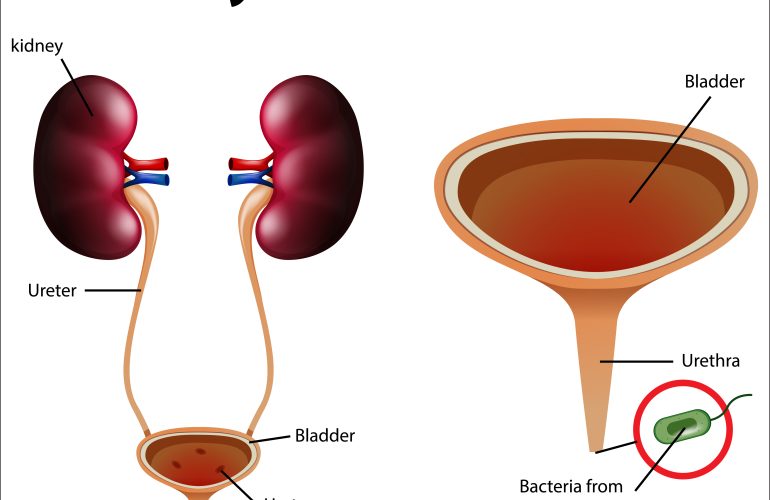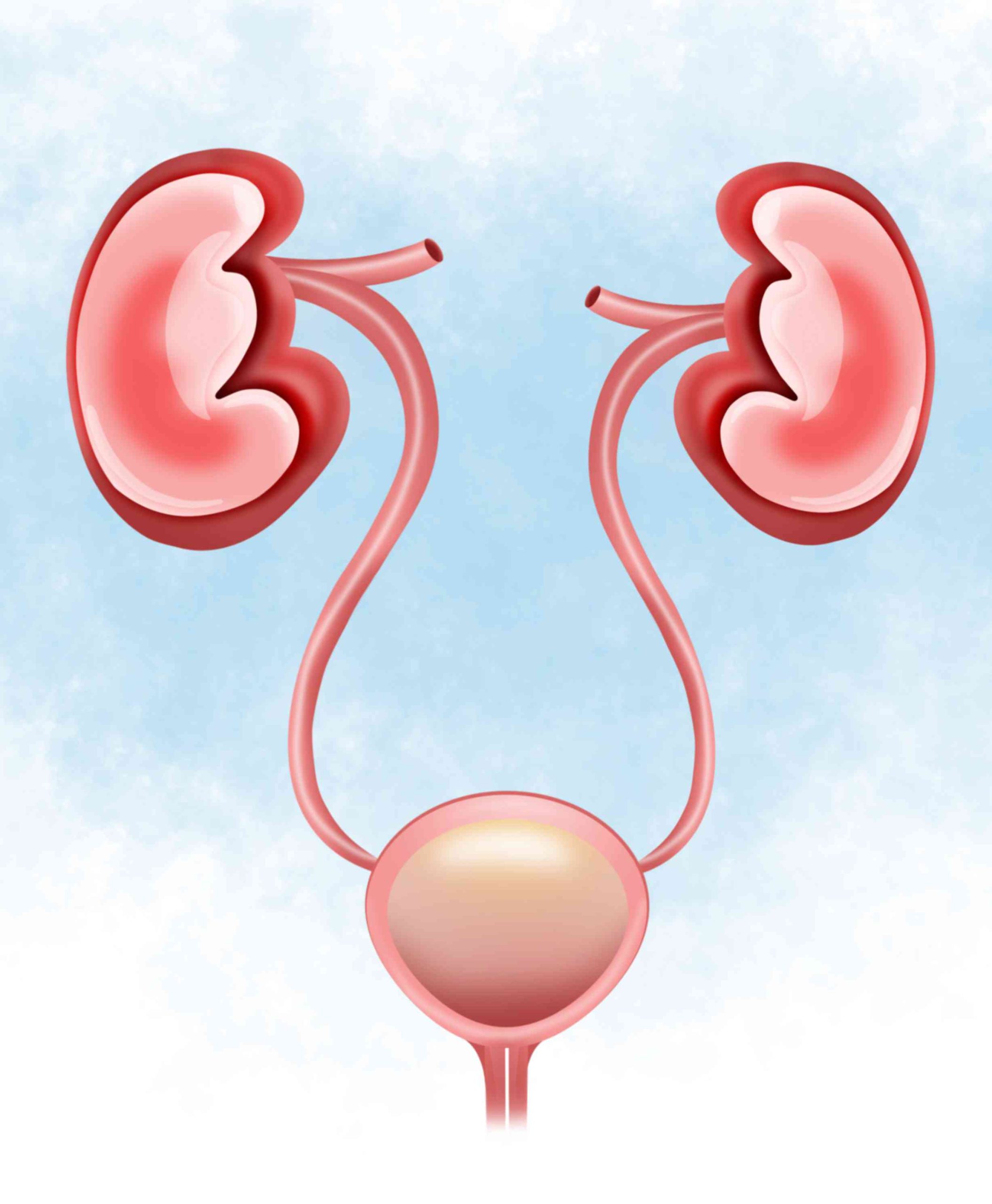Urology
Urology, also known as genitourinary surgery, is the branch of medicine that focuses on surgical and medical diseases of the male and female urinary tract system and the male reproductive organs. The organs under the domain of urology include the kidneys, adrenal glands, ureters, urinary bladder, urethra, and the male reproductive organs (testes, epididymis, vas deferens, seminal vesicles, prostate, and penis).
The department of Urology deals with all surgical conditions with Kidneys, Ureters, urinary bladder, urethra in males and females and also prostate glands in the male. Urology Department works in close association with Nephrologists.
Optimus Super Specialty Hospital, है तो सब ठीक है!!
Our urology department is equipped with advanced diagnostic tools such as ultrasound, CT scans, and endoscopy, allowing our experts to accurately diagnose and tailor treatment plans for a range of urological conditions.
Best Urology Hospital in Gwalior
The Optimus Super Specialty Hospital, is the Best Multi-specialist hospital in Gwalior, M.P. It has a urological operating theater which equipped with the latest technology. We ensure you, our urologists can perform procedures with precision. From minimally invasive surgeries to complex interventions, our facilities are designed to meet diverse patient needs.
Comfortable Inpatient and Outpatient Spaces
We understand the importance of patient comfort. Optimus Super Specialty Hospital, provides modern and comfortable inpatient and outpatient spaces, fostering a healing environment for individuals undergoing urological treatments.
At Optimus Super Specialty Hospital, we prioritize innovation to offer the most advanced urological care through the advance technology. It allows our expert urologists to perform complex surgeries with minimal invasiveness.
Laser Technology for Stone Treatments
Optimus Super Specialty Hospital, utilizes advanced laser technology for non-invasive stone treatments, ensuring efficient and precise removal of kidney and bladder stones. This technology minimizes patient discomfort and accelerates recovery.
Consult with the Best Urological Doctors in Gwalior
Ensuring accessibility is paramount. Optimus Super Specialty Hospital, offers a online appointment services for urological consultations, allowing patients to connect with our expert urologists remotely for advice and follow-up appointments.
Team of Urological Experts
Our urology department at Optimus Super Specialty Hospital, comprises a team of highly skilled and experienced urologists dedicated to delivering top-notch care.
Specialized Urological Experts
Optimus Super Specialty Hospital, urological team includes specialists in various subspecialties, including male and female urology, pediatric urology, and urological surgery. This specialization ensures that each patient receives personalized and expert care tailored to their unique needs.
Aim of the Optimus Super Specialty Hospital in Gwalior
We believe in a patient care first. Our Best urologists and Kidney speacilist in Gwalior work seamlessly with specialists from related fields, such as nephrology and oncology, to provide holistic and comprehensive treatment plans.
Patient-Centered Care
At Optimus Super Specialty Hospital,, we prioritize patient satisfaction and well-being. Our urology team is dedicated to ensuring open communication, compassionate care, and an individualized approach for each patient throughout their urological journey.
As a Best urology Hospital in Gwalior, offering Modern facilities, advanced technology, and a team of experts & experienced doctors, committed to providing the highest quality of urological care
Urinary Tract Infection
A urinary tract infection is a very common type of infection in your urinary system. It can involve any part of your urinary system. Bacteria—particularly E. coli—are the most common cause of UTIs. Symptoms include the need to urinate frequently, pain when urinating, and pain in the side or lower back. Antibiotics can treat most UTIs.
A urinary tract infection (UTI) is an infection in any part of the urinary system. The urinary system includes the kidneys, ureters, bladder, and urethra. Most infections affect the lower urinary tract – the bladder and urethra.
Women are at greater risk of developing UTIs than men. If the infection is limited to the bladder, it can be painful and bothersome. If a UTI spreads to the kidneys, serious health problems can occur.
Healthcare providers often treat urinary tract infections with antibiotics. You can also take steps to reduce your chances of getting a UTI in the first place.

What tests will be done to diagnose a urinary tract infection at Optimus Super Specialty Hospital, ?
A healthcare provider may order the following tests to diagnose a UTI:
Urine analysis- During this test, you will pee into a special cup. The provider sends the sample to a lab, where technicians examine it for signs of a UTI using multiple variables, such as nitrites, leukocyte esterase, and white blood cells.
Urine culture- You will pee into a special cup and lab technicians will test your sample to grow and identify any bacteria present. Urine cultures are important because they help your provider determine the most appropriate treatment.
If your infection doesn’t respond to treatment, your provider may order the following tests to examine your urinary tract for disease or injury:
Ultrasound- An ultrasound is an imaging test that helps your provider look at your internal organs. Ultrasound is painless and requires no preparation.
Computed tomography (CT)- A CT scan is another imaging test. It’s a type of X-ray that takes cross-sectional images of your body—like slices—that create 3D pictures of the inside of your body. A CT scan is more accurate than a standard X-ray.
Cystoscopy- Cystoscopy uses a cystoscope to look into the bladder through the urethra. A cystoscope is a thin instrument with a lens and a light at the end.
If you have frequent UTIs, your healthcare provider may perform tests to check for other health problems — such as diabetes or an abnormal urinary system — that may be contributing to your infections.

